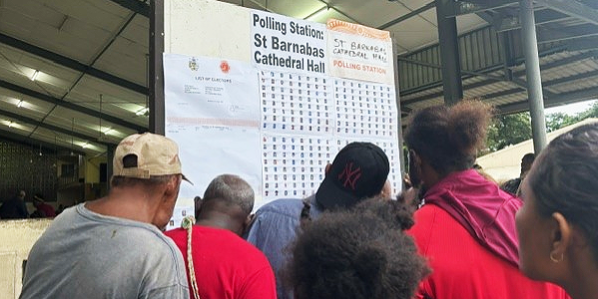Dear Editor,
THE system we use in this country for electing MPs is the “first past the post” system. That means the candidate with the most votes wins. At first sight there is nothing wrong with that but when you take a closer look at the figures you will see that in many cases the winning candidate polled less than 50% of the votes.
That means the majority of voters in that constituency wanted someone else to win. Some might say that an MP cannot claim to truly represent a constituency where he or she did not get the support of more than half of the voters. When you take into account that we do not have compulsory voting, so that not all registered voters actually vote, the position appears to be even less democratic.
The figures I refer to here are from the Electoral Commission web site:
“We have 50 constituencies. Only 15 MPs received more than 50% of the votes cast. In 5 cases the winner received less than 25% of the votes. In the most extreme case, the winner received only 13.5% of the votes. In that electorate there were 17 candidates. The total number of valid votes cast was 8819. The total number of registered voters in that constituency was 10,299. That means that about 85% of registered voters actually voted. The winner was therefore supported by a mere 11.5 % of people eligible to vote. That person will, along with the 49 others, have influence over who will benefit from the huge sums of money to be allocated by way of constituency development funds.”
Is the present system democratic enough or do we need to adopt one that at least means the winning candidates will have more than 50% of the votes?
Andrew Radclyffe.
Honiara.



